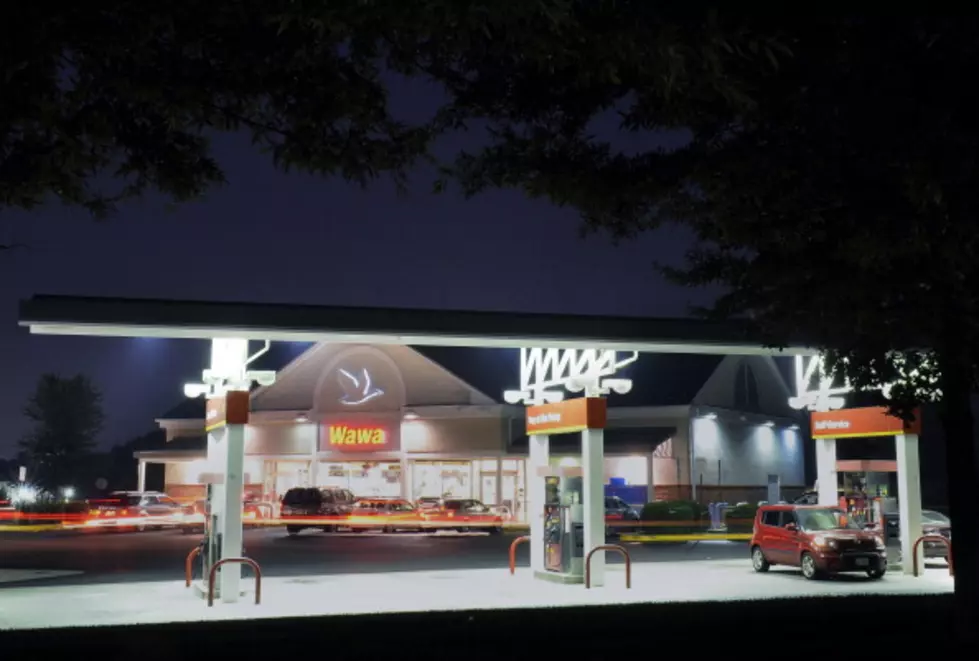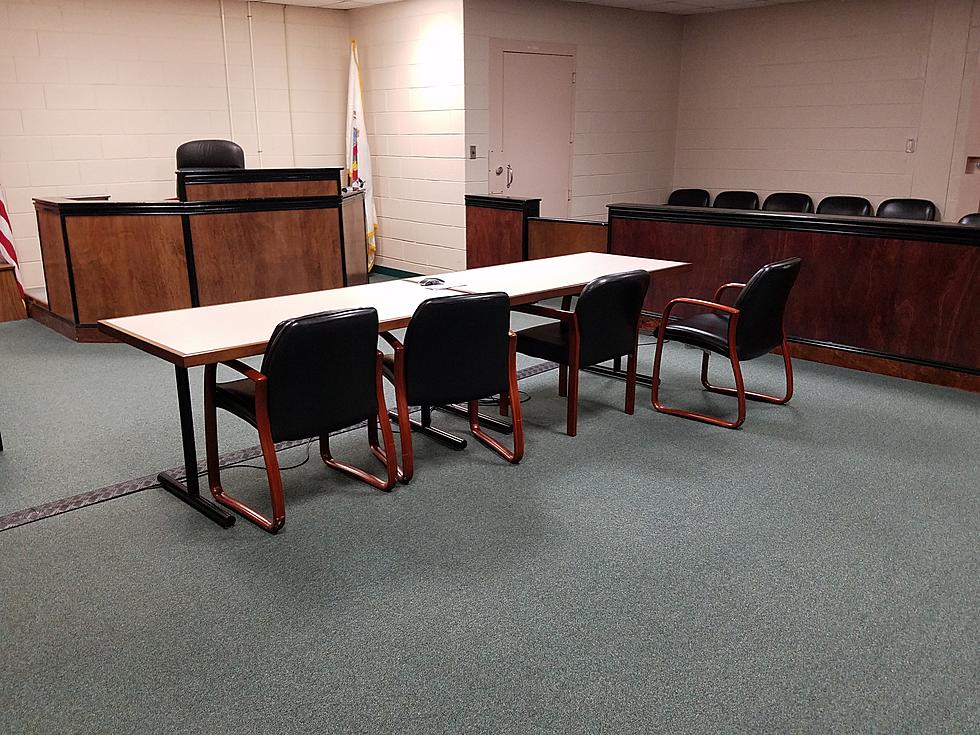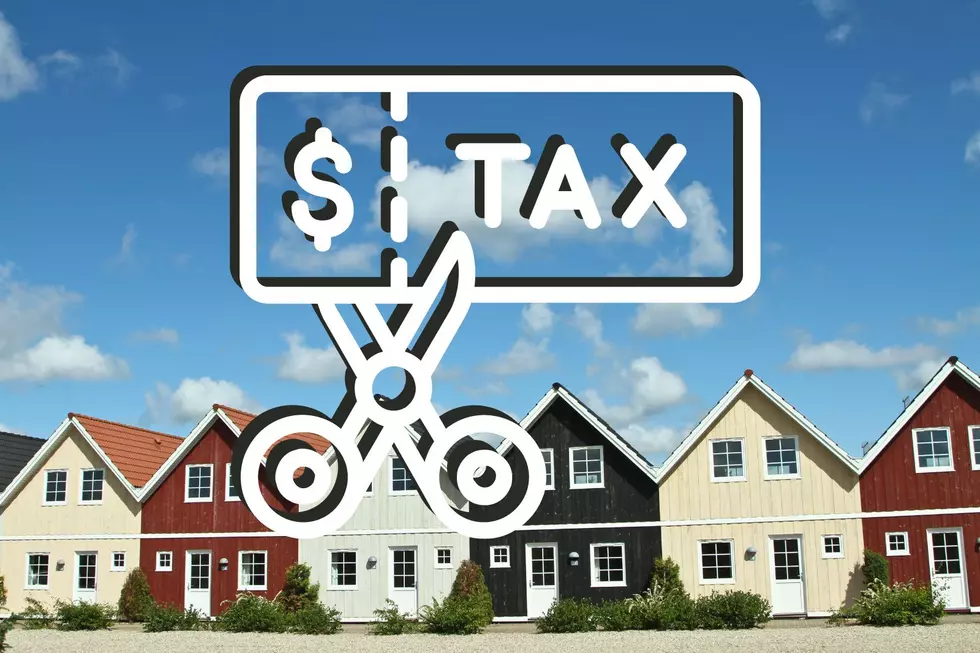
Double whammy? Stations worry over gas and cigarette tax hikes
Owners of border-area gas stations with convenience stores in New Jersey face the prospect of multiple tax hikes they say could chase their customers out of state in the coming months.

Not only do gas taxes rise 9.3 cents a gallon on Oct. 1, but Gov. Phil Murphy also wants to add $1.65 to the tax on a pack of cigarettes. New Jersey’s gas tax will push to 7.6 cents higher than New York’s, and cigarette taxes in the two states would be even. (The tax is $1.50 a pack higher in New York City.)
Sal Risalvato, executive director of the New Jersey Gasoline, Convenience, Automotive Association, said New Jersey would be “totally uncompetitive.”
“New Jersey motorists are going to do what New York motorists did for 35 years: They’re going to cross the border and buy their gas in New York,” Risalvato said. “New Jersey is toast. Small business owners in New Jersey are toast.”
Risalvato said since 2016, when New Jersey raised its gas tax 22.6 cents a gallon, the state has lost 450 million gallons a year in gasoline sales to Delaware and New York, mostly the latter, reflected by their increases in gas-tax collections despite not raising their tax rates. He said at the current tax rate, it amounts to $190 million a year in lost tax revenues.
He worries the proposed cigarette tax hike, from $2.70 to $4.35 a pack, would forfeit another incentive for motorists to visit a New Jersey service station to buy gas, cigarettes, coffee and sandwiches.
“New Jersey loses. New Jersey small businesses lose. The revenues in New Jersey, the state treasury loses. This is wrong. And it’s disastrous,” Risalvato said.
Starting Oct. 1, New Jersey’s gas tax will be 50.7 cents a gallon. That’ll be 28 cents more than in Delaware though remain 8 cents lower than Pennsylvania.
The Murphy administration said it has no control over the pending increase in the gas tax, pinning the 9.3 cent a gallon jump on a formula written into state law four years ago that guarantees the state – and by extension, its bondholders – a steady total revenue.
Risalvato disagrees. He said the Transportation Trust Fund needs $16 billion in funding over eight years – and while that averages out to $2 billion a year, the state does have some discretion.
“So that at the very least the tax increase wouldn’t be so high, if not eliminated altogether,” he said. “Under the circumstances, with the COVID-19 crisis, I think that the governor should have used some executive powers here to prevent this increase.”
The gas tax jumped in 2016, 2018 and 2020 – years when there weren’t state elections on the ballot a month after the tax hike took effect. It didn’t increase in 2017 or 2019, when there were state elections. Risalvato doubts that’s a coincidence.
“That’s exactly what we believe is happening,” he said. “They’ll play politics with this right to the very end.”

More From Townsquare Media News:
How To Stay In Touch With Friends While Social Distancing
More From Beach Radio










